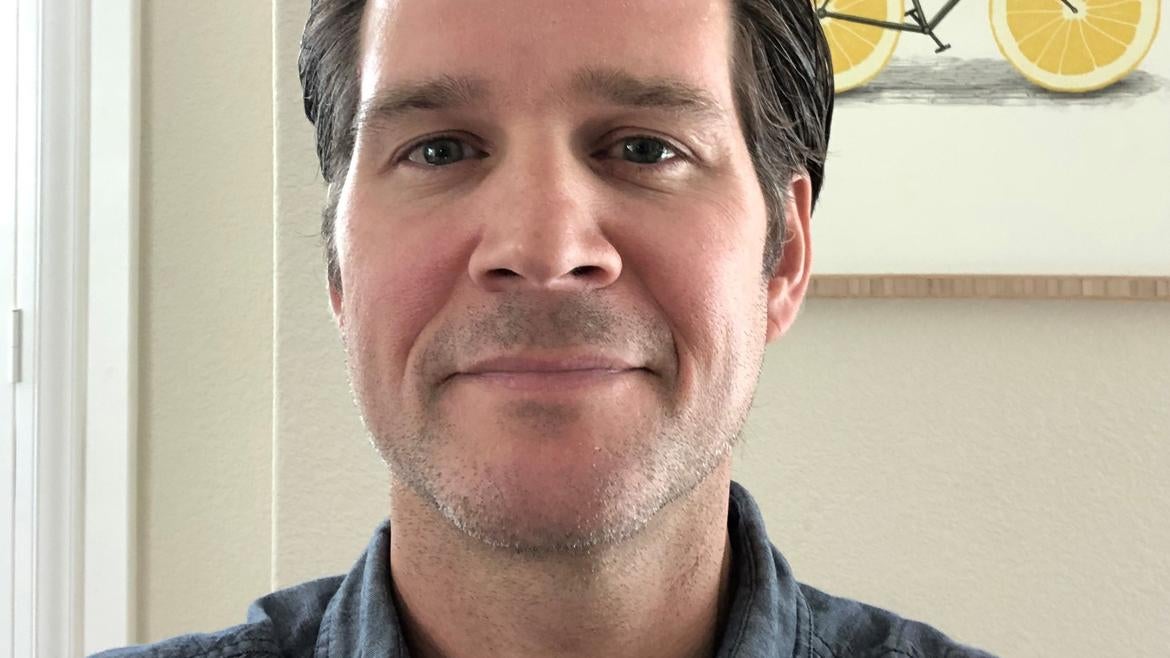
The Department of Microbiology and Plant Pathology's weekly Plant Pathology 250 seminar series is presented this week by Dr. Andrew J. McElrone, USDA ARS & UC Davis
Seminar Title: "Insights into vascular structure and function from X-ray microCT and other hydraulic methods"
Abstract: My adventures in xylem physiology and vascular pathology started in graduate school, where I studied the Xylella pathosystem in the Washington DC area collaborating with Dr. Jim Sherald. During my academic journey since, I utilized unique study systems and developed new tools to explore xylem physiology and water transport processes using caves, X-rays, MRI and neutron beams, while continuing to dabble in vascular diseases. In this seminar, I will provide a holistic view of xylem physiology with particular focus on our efforts to develop synchrotron based X-ray micro computed-tomography (microCT) as a valuable tool to explore fundamental aspects of plants responses to drought stress and disease. Our microCT results have contributed new insights into xylem network function with emphasis on embolism formation and repair, the role of fibers, and starch metabolism. I will weave in results from recent studies where we have used microCT to study Xylella, Ralstonia, and fungal trunk pathosystems, and employed machine learning to characterize the spatial distribution of starch in vivo at micrometer resolution and track active starch depletion from storage pools under stress.
Biography: Andrew McElrone is a Research Plant Physiologist with USDA-ARS, an adjunct faculty member in Viticulture and Enology at UC Davis, and recently served as the Acting Director of the USDA California Climate Hub. For over two decades, he studied plant responses to changing environmental conditions in agricultural and natural ecosystems, and became an internationally recognized expert in plant water use and responses to drought with specific applications to irrigation management and sensor technology development. His program is screening woody perennial crops for improved drought tolerance, developing efficient genotype-specific irrigation strategies, and advancing new technology to better quantify crop water use and stress with proximal and remote sensors. Along with collaborators, I pioneered the use of x-ray microCT for studying drought-induced plant vascular dysfunction at Lawrence Berkeley National Lab’s Advanced Light Source. As a collaborator on the Grape Remote sensing and Atmospheric Profiling and Evapotranspiration eXperiment, he is helping to ground truth crop ET and stress estimates via soil moisture sensing, leaf and whole plant physiological measurements, and ecosystem fluxes. Prior to his current position, Dr. McElrone studied water use in deep tree roots using caves (20 meters below ground) and examined plant- and pathogenic-response to changing atmospheric conditions—both as a post-doctoral researcher at Duke University and an assistant professor of biology and environmental science at Saint Joseph’s University in Philadelphia.
Faculty Host: Caroline Roper; caroline.roper@ucr.edu